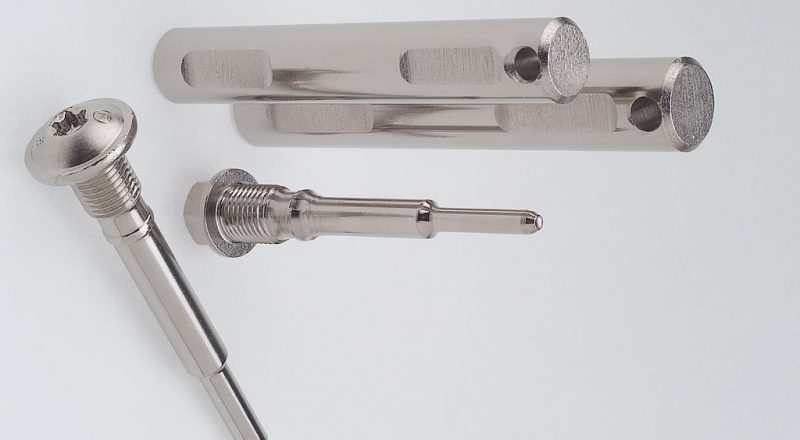Nickel plating is one of the oldest coating and plating processes, boasting several benefits for different industries. It is an electroplating process that entails applying a thin layer of a metal alloy on a surface. This treatment aims at improving the resistance to corrosion and wear. Understanding what this process is and what it brings to the table could help you make more logical decisions.
Types of Nickel Plating
There are three types of nickel plating: electroless, bright, and dull nickel plating. Each option is suited for specific applications. Bright nickel plating requires you to put the metal in an electric current. This process aims at improving conductivity more than corrosion or ductility. It is suitable for bumpers, lighting fixtures, and plumbing items.
Electroless nickel plating is an excellent choice when handling plastics and metals. It aims at improving corrosion and wear resistance. Remember, this process involves no electric current. You could also opt for dull nickel plating, which helps produce a much duller and matte finish. It is an excellent choice when looking for enhanced malleability, corrosion resistance, and friction. In most cases, this option works better with tin plating, silver plating, chromium undercoats, and gold plating.
Industrial Applications
Nickel plating is a critical process that has found its application across various industries. Here are a few of where this process is essential.
- Automotive industry: Nickel coating helps improve the longevity and safety of various vehicle components. You could also rely on it to enhance the aesthetics of different vehicle parts.
- Coinage: This process is essential when making coins. It offers a unique plating that signifies value.
- Aerospace: High-performance nickel plating is essential in the aerospace industry. Here, it ensures that the materials and airplane components are safe and reliable.
- Electronics: Excellent electronics must last for a long time. Thankfully, this is achievable because of nickel plating. It plays a significant role in improving the longevity of various components, including microprocessors and connectors.
- Cosmetics and jewelry: Nickel plating can help provide jewelry with an excellent and more appealing finish. In addition, it adds a new coating that helps improve the longevity of your cosmetic products.
- Telecommunications: Nickel plating helps produce some of the most reliable and long-lasting telecommunications components.
Benefits of Nickel Plating
Nickel plating boasts various advantages, including the following.
- Enhanced corrosion resistance: Products that undergo nickel plating assure you of enhanced resistance to corrosion and rust. That is because this process protects the surface from oxidizing or rusting.
- Longevity: Nickel plating offers an additional coating to your product. This coating enhances sturdiness, consequently improving durability. In addition, this thickness could make the item magnetic.
- Easing the ability to solder: The nickel process ensures that metal becomes a lot easier to solder.
- Cosmetic reasons: Nickel plating helps improve the aesthetics of various elements, including ornaments. This process provides you with a priceless finish.
In conclusion, nickel plating is an invaluable process whose value is seen across various industries. Whether you want to improve the durability or the appeal of your product, this process is worth considering.
